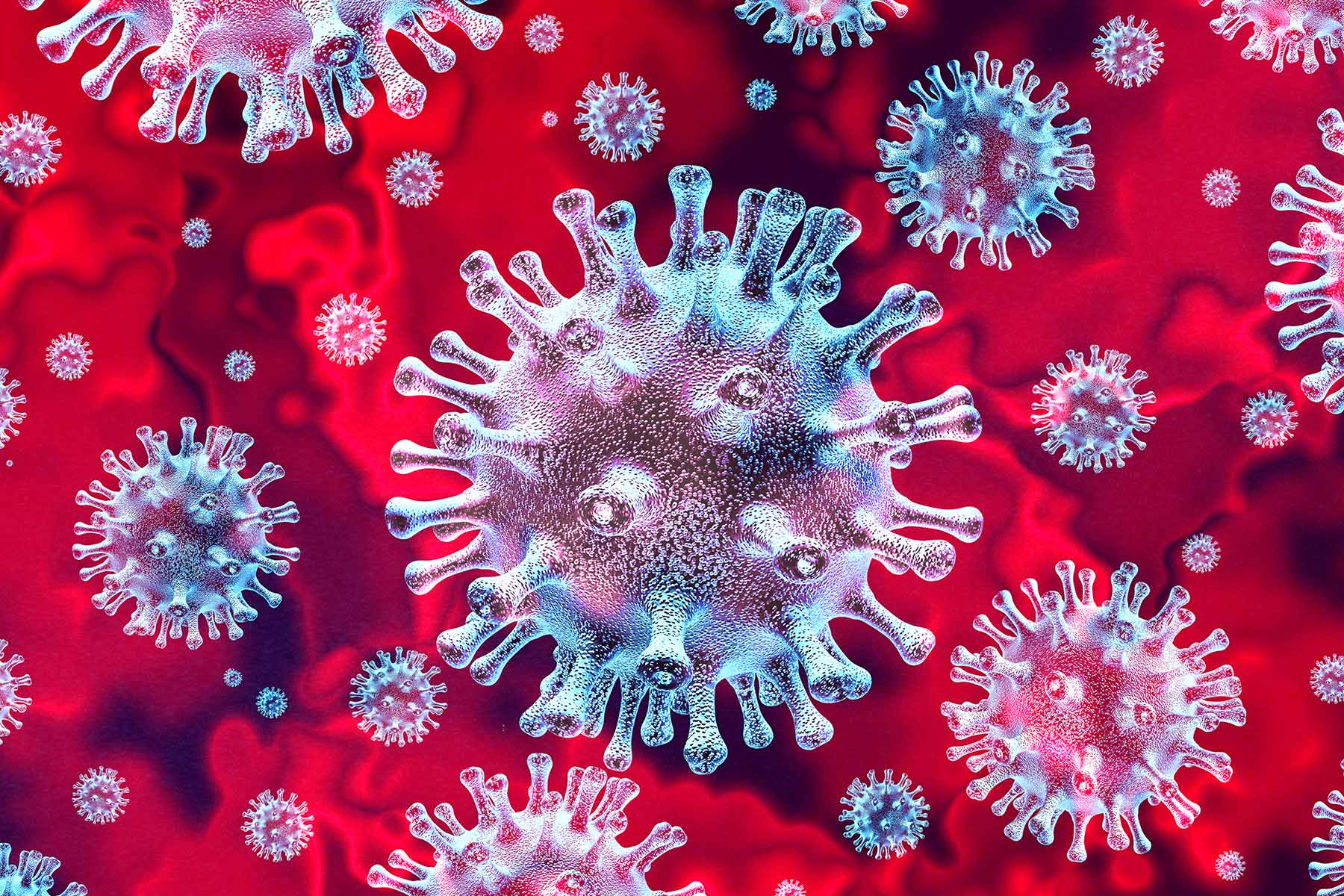What you need to know about Omicron COVID variant
The new COVID-19 variant, B.1.1.529, was first reported to the World Health Organisation (WHO) from South Africa on November 24, 2021. The first known confirmed B.1.1.529 infection was from a specimen collected on November 9, 2021,” the organisation said. WHOhas named the new variant, Omicron, and also classified it as a variant of concern. This […]

The new COVID-19 variant, B.1.1.529, was first reported to the World Health Organisation (WHO) from South Africa on November 24, 2021.
The first known confirmed B.1.1.529 infection was from a specimen collected on November 9, 2021,” the organisation said.
WHOhas named the new variant, Omicron, and also classified it as a variant of concern.
This followed the advice of the Technical Advisory Group on SARS-CoV-2 Virus Evolution (TAG-VE) convened on November 26, 2021, to assess the SARS-CoV-2 variant: B.1.1.529.
The TAG-VE is an independent group of experts that periodically monitors and evaluates the evolution of SARS-CoV-2 and assesses if specific mutations and combinations of mutations alter the behaviour of the virus.
“The B.1.1.529 variant was first reported to WHO from South Africa on 24 November 2021. The epidemiological situation in South Africa has been characterized by three distinct peaks in reported cases, the latest of which was predominantly the Delta variant.
“In recent weeks, infections have increased steeply, coinciding with the detection of B.1.1.529 variant. The first known confirmed B.1.1.529 infection was from a specimen collected on 9 November 2021. This variant has a large number of mutations, some of which are concerning,” it said.
WHO said it is not yet clear whether the new COVID-19 variant ‘Omicron’ is more transmissible compared to other variants, including Delta.
The global body, in an update, also said it is not yet clear whether infection with Omicron causes more severe disease compared to infections with other variants, including Delta.
Researchers in South Africa and around the world are conducting studies to better understand many aspects of Omicron and will continue to share the findings of these studies as they become available.
WHO said preliminary evidence suggests there may be an increased risk of reinfection with Omicron, “that is people who have previously had COVID-19 could become re-infected more easily with Omicron), as compared to other variants of concern, but information is limited. More information on this will become available in the coming days and weeks.”
Renowned virologist and Chairman Expert Review Committee on COVID-19, Prof Oyewale Tomori, said: “There is very little information now so it is difficult to predict the outcome in terms of transmissibility, severity or ability to evade vaccine immunity.”
He said there is need to also tighten the border control, upgrade testing, especially genomic sequencing and improve on contact tracing.
He said the possible implication is that the variant could start ‘our next wave.’
The organisation said no deaths have been attributed to the variant and that, along with the Federal Ministry of Health, it is monitoring emerging evidence on the new Omicron variant and its implication.
This would inform Nigeria’s response to the variant.
Effectiveness of vaccines and current tests
WHO in a recent update said it is working with technical partners to understand the potential impact of this variant on our existing countermeasures, including vaccines.
It said, “the widely used PCR tests continue to detect infection, including infection with Omicron, as we have seen with other variants as well.”
Recommendations for countries
Since Omicron has been designated a Variant of Concern (VOC), WHO recommends that countries enhance surveillance and sequencing of cases; sharing genome sequences on publicly available databases, performing field investigations and laboratory assessments to better understand if Omicron has different transmission or disease characteristics, among others.
It also said countries should continue to implement effective public health measures to reduce COVID-19 circulation overall, using risk analysis and science-based approach.
WHO said the most effective steps individuals can take to reduce the spread of the COVID-19 virus is to keep a physical distance of at least 1 metre from others; wear a well-fitting mask; open windows to improve ventilation; avoid poorly ventilated or crowded spaces; keep hands clean; cough or sneeze into a bent elbow or tissue, and get vaccinated when it is their turn.
NCDC urged all states to ensure that sample collection and testing are accessible, so that travellers, people with symptoms or who have been exposed to COVID-19 cases get tested promptly.
The NCDC also urged Nigerians to ensure strict adherence to the proven public health and social measures in place, which are enforceable by the Presidential Steering Committee on COVID-19 (PSC-COVID-19), through the COVID-19 Health Protection Regulations 2021.
